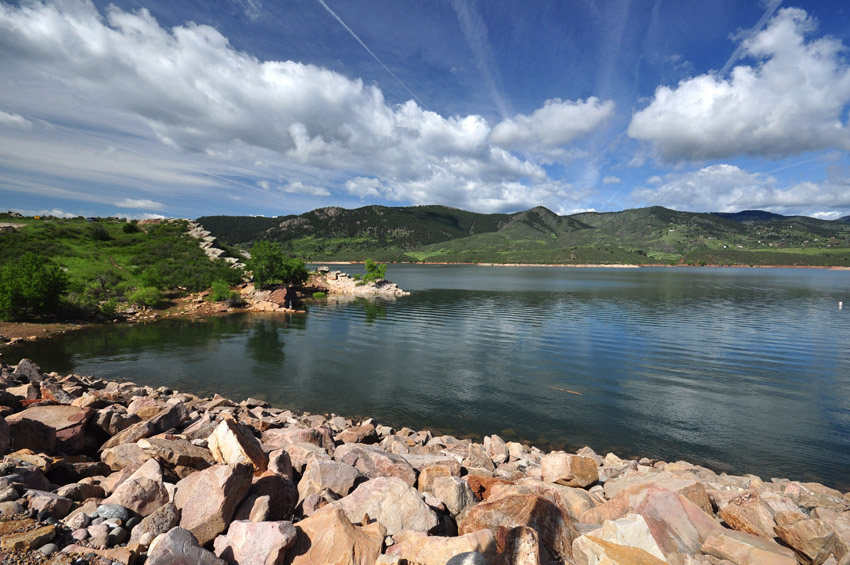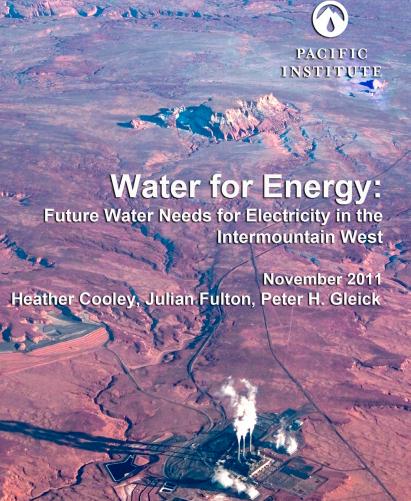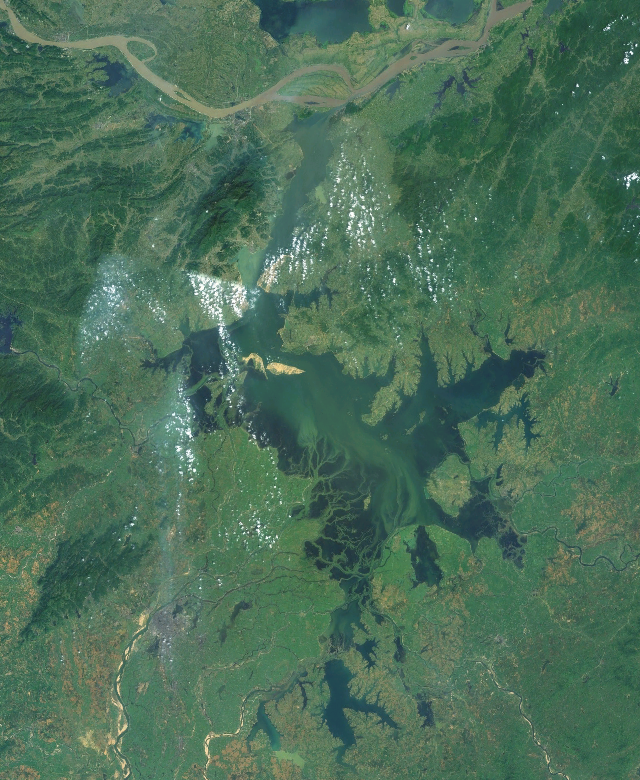Posts

Eliminating the Buffer Zone: Colorado’s High Park Fire Has Water Agencies on Alert
5 Comments
/
Because ash and debris from a large fire can wreak havoc on water supply infrastructure, utilities near the High Park fire have begun to shut off certain water intakes and are already planning to replant the forest.

The Stream, May 23: Glacial Floods, Robot Fish, and Missing School for Water
Chile
A glacial lake in Chile's Patagonia region drained for…

The Stream, May 16: How Satisfactory Is World Water Quality?
A new poll from Gallup asked people in 140 countries how satisfied…

The Stream, May 14: NASA Scientist Links Specific Weather Events to Climate Change
Drinking water is safe to consume in the small Pennsylvania town…

The Stream, May 10: How Effective Is Australia’s Water Trading System?
A flawed water-trading system is choking the Murray-Darling,…

Agriculture and Sewage Dead Zone: Taking on Nutrient Pollution in the Mississippi River Watershed
As the impact of agriculture on water quality intensifies around the globe, two lawsuits in the United States aim to reduce the size of the Gulf of Mexico's ‘dead zone’ by setting limits on nutrient pollution in the Mississippi River Basin.

The Stream, March 16: Emissions On The Rise
Climate Change
Fossil fuels will supply 85 percent of the world's…

The Stream, February 28: The Future of Water in Central Asia
Water Law
The U.S. Supreme Court has rejected an appeal by five…

The Stream, February 3: Fixing U.S. Water Infrastructure
It will take $US 1 trillion over the next 25 years to fix the…

Pollution, Dry Weather Choke the World’s Major Lakes
Urban waste and falling water levels signaled a rough start to…

The Stream, December 2: Climate Change Negotiations
The United States, along with Russia, Canada, Japan, China and…

Pacific Institute Report: Setbacks and Solutions of Water-Energy Clash in U.S. Intermountain West
At the forefront of a national trend, this region is already suffering from intense conflicts that willy only worsen with climate change and population growth. However, the report also highlights several ways to dramatically reduce the water requirements for electricity generation.

